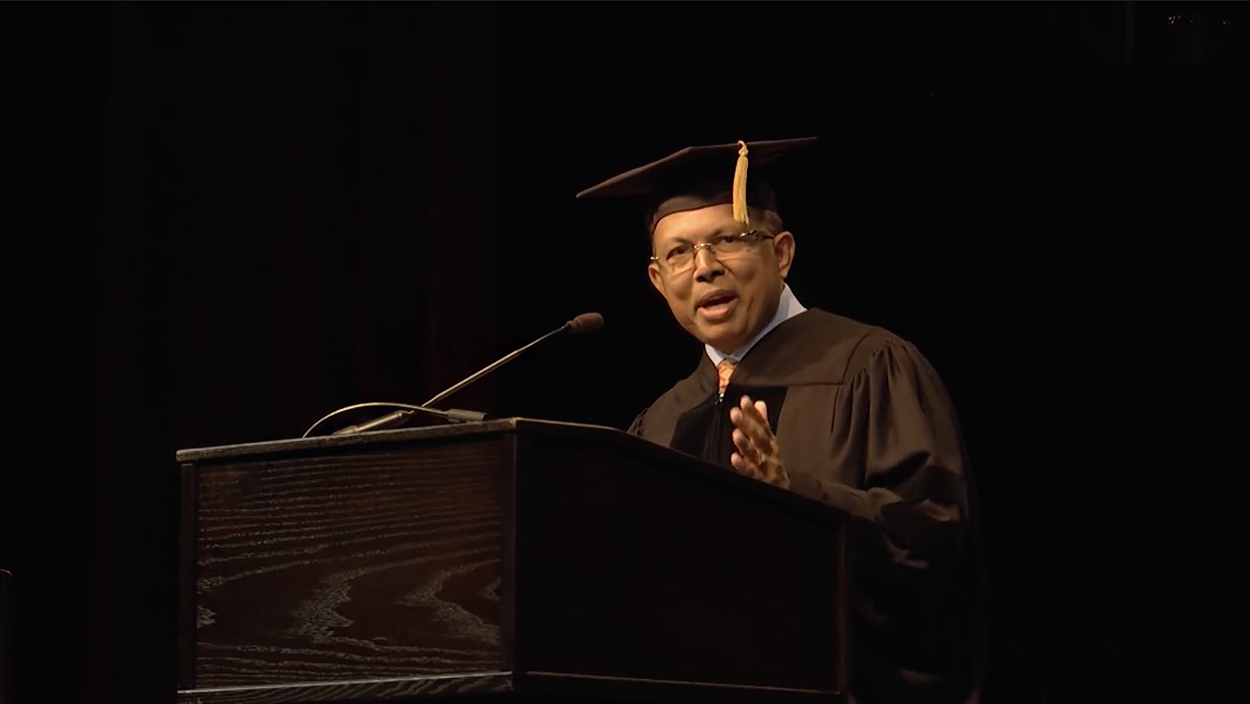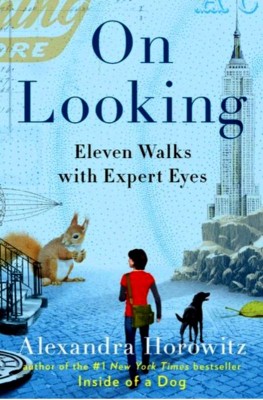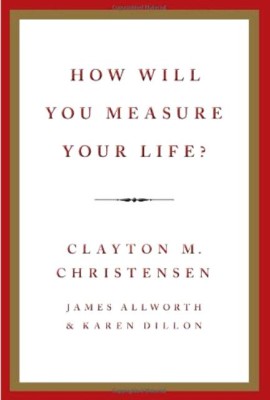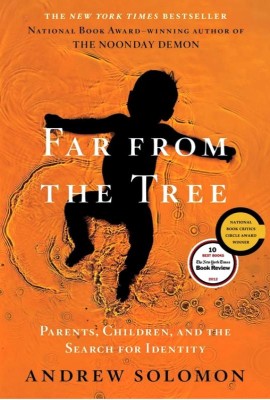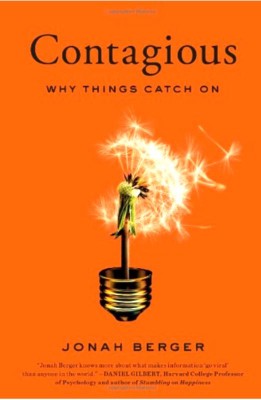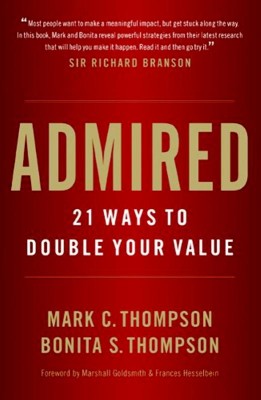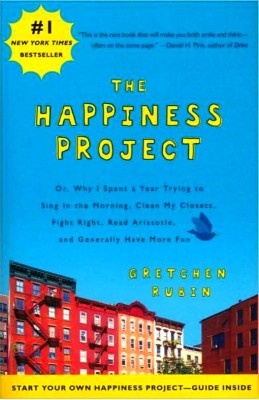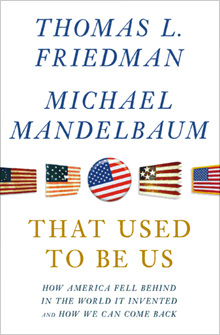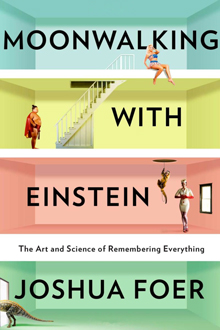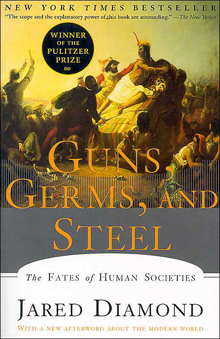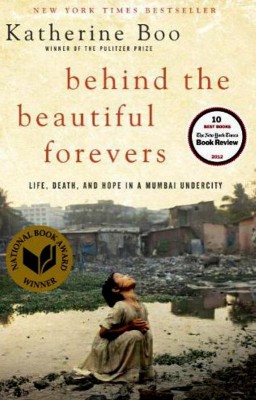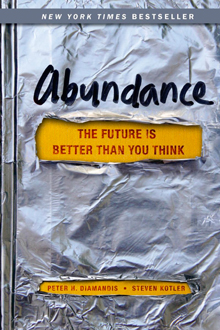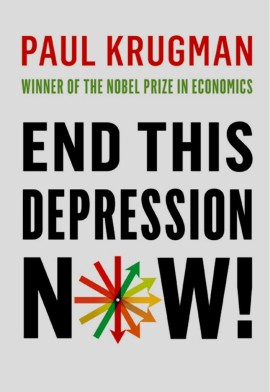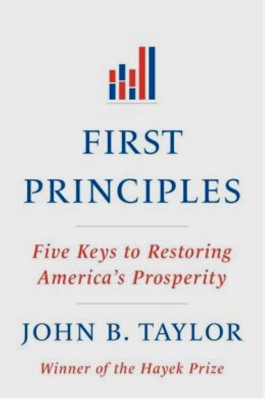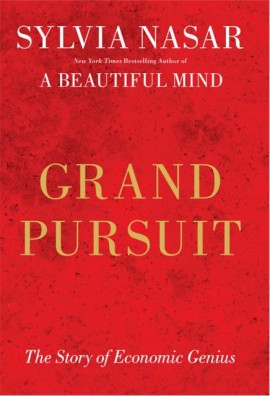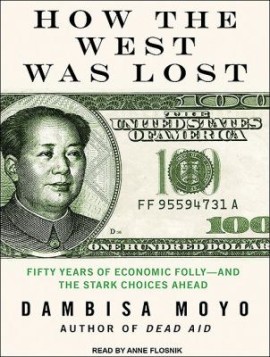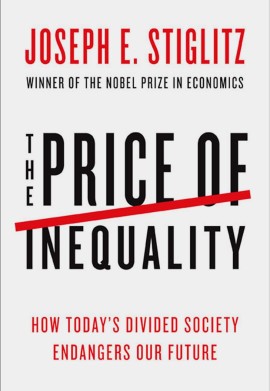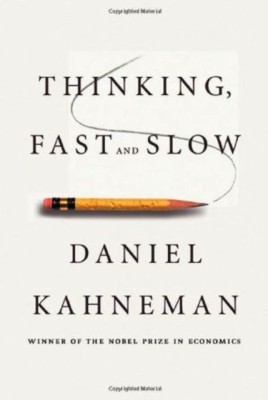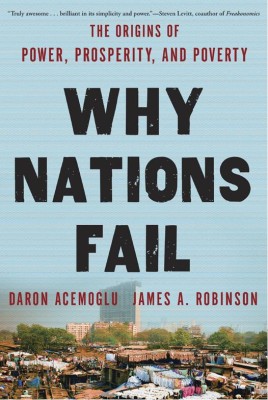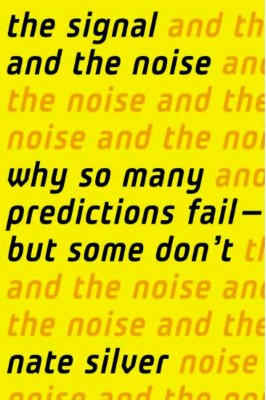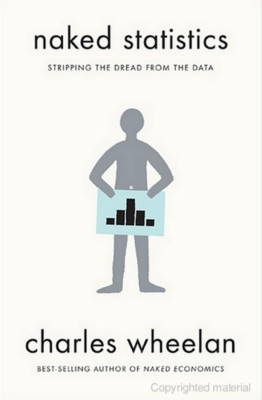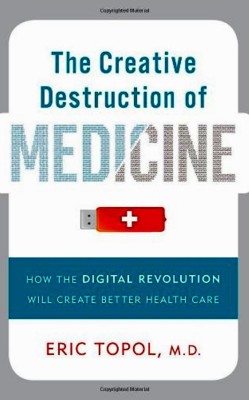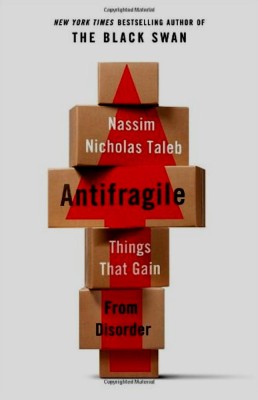Quality & Me
Subir shares short stories about what people do to make a difference everywhere they go. We can make huge contributions to the way we function as a society by standing out as an example within our own community: at work, at our places of worship, among our colleagues, friends, and family. All it takes is the courage to step up and being straightforward, thoughtful, accountable, and resilient.
The first night I spent in America I spent in Mount Pleasant, Michigan. I’d flown from my home in Bangladesh to Thailand, then to Taiwan, then to Seattle, to Detroit, and to Lansing, just to save some money for the airfare. Then I caught a ride to Mount Pleasant and my new university.
It was August 1991 and I barely had even a penny in my pocket. I came here for a master’s degree. The department where I wanted to study said there was a fellowship waiting, and had told me to arrive two weeks early. I arrived three weeks early to impress my professor.
I threw my bags in my room and went to see the professor. This professor looked at me and said, “You supposed to come next week.” I said, Yes sir, I came one week early to impress you. He looked at me and said, “Subir, unfortunately I selected someone else for the fellowship.”
I looked at him and said, “Sir, you cannot do that.” I cried. I shouted. I cried more. Still, there was no scholarship.
The next day, other international students tried to help. They understood my situation. They suggested I get a off-campus job. But I did not have a work visa, and to get a off-campus job would be illegal. I was in America for education. But I didn’t have any money to register for classes.
So what I did, I began knocking on doors. I went to every single academic department to earn a scholarship. I went to sociology. I went to journalism. I even went to English Department, telling them I’m so good in English.
After many departments when I am almost at the end of the rope, I knocked the door of Mathematics. The chair Dr. Richard Fleming listened to my story. He said, “You went to 20 departments, and now it is the 21st one; if I say no to you what you would do.” I said I will go to the 22nd. Then he looked at me and he said “Can you do research on polymer science?” I told the professor, “Sir, I can do any topic. I graduated from the Indian Institute of Technology Kharagpur with a degree in aerospace engineering. So any topic I can master.”
And he gave me a chance, and I was selected for the Dow Fellowship. I will always be grateful to Dr. Leela Rakesh, who is present here today, for making this possible. The fellowship paid for my entire education, and in 1993 I graduated with a master’s degree. And I earned the best thesis award from the Graduate School.
The faculty wanted me to stay and work for a Ph.D. But I wanted to go out and I wanted to be the No. 1 guy in my field. I wanted to be the world’s top management expert on quality. My professor was very disappointed. I said, “Professor, don’t worry about me. Maybe the day will come when I won’t have to earn a Ph.D., and instead Central will give me an honorary doctorate.”
And here I am!
President Davies, Provost, members of the Board of Trustees, and faculties, it is a tremendous honor to be with you this morning. Graduates and families, thank you for allowing me to be part of your special day. Like you I am a CMU graduate – now is twice, now with my doctorate.
I shared my story for a reason. It is about making choices. Graduates, the choices you make after today will shape your life and the lives of people around you. Because I am a little older than you, I want to share some stories about how to make those choices.
My business is quality. I help some of the biggest organizations in the world achieve the best, and together we do meaningful work. When I was a CMU student, I didn’t understand the word quality or what it meant in the business world. I joined a professional society called the American Society for Quality and paid ten dollars to become a student member. And then I taught myself about quality.
When I graduated, I told my professors: The day will come America’s top business schools and engineering schools will teach my book on quality.
It sounded very arrogant. I was young. And maybe I was a little arrogant. But guess what? Five years later, those universities were teaching my book. Within 10 years, I was recognized as the world’s top expert in quality.
But I still say I’m the dumbest guy in the room. Two college degrees, and there’s still a lot I need – and want – to learn. In social media era, we prefer to spend more time with our devices than with our parents, grandparents and loved ones. When I was a little boy there was no iPhones or even computers, so I spent more time with my Grandparents. Now I feel how lucky I was!!!
My grandfather was a very important person in my life. He was an elementary school teacher in one of the poorest of the poor countries in the world. But he was rich with wisdom. He was always teaching me about choices. He would say, “Subir, zero or nine. Out of those two numbers, which is more powerful?” I was five years old. Of course, I would answer that nine is more powerful. And every time, my grandfather would say, “No. Zero is the most powerful.” And I’d say, “Grandpa, why?” He’d tell me, “Zero on its own has no value. But as soon as you put a number in front of it, it becomes valuable.”
Graduates, always remember, you alone are that zero. It’s OK to be a zero! Without other human beings, you will never be a whole. When you become successful – and each of you can make an important difference – remember that other people helped you succeed.
Today is a huge accomplishment for you. You have achieved something many people do not have – a college diploma. And you should be very proud.
But you did not do this by yourself. No one does. You had your professors and friends. You had your parents and grandparents and you had brothers and sisters. I know I did. My mother did not want me to leave for America. My father encouraged me. They both acted out of love and that love guided me.
Graduates, use today to hug your grandparents, parents and loved ones. Remember their love and support, and always share your happiness with them.
The people who support us are the number in front of that zero. They give us value. I am very fortunate to have some of those friends and colleagues that made a difference in my life present here today in the gallery there. Thank you all for your love.
This is my first piece of advice: Always choose to be a zero.
When I left Central, I often heard my grandfather’s voice in my head. He used to tell me, “Subir, if I ask you to touch the ceiling or touch the sky, which one are you going to touch?” Again, I was a little boy. I’d say, “On, that’s really easy. Let me touch the ceiling.” “No,” he’d say. “Always try to touch the sky.” I’d say, “Grandpa, why?” “Touching the ceiling is very easy,” he’d say. “Anybody can do it. But if you have a goal of touching the sky, you will always go higher.”
Graduates, being good enough should be your starting point, not your finish. Touching the ceiling is easy. Push yourself and go higher. Reach for more, with your job, and with your family, and your community, and you will be rewarded.
This is my second piece of advice: Always choose to touch the sky. You will achieve so much more than you ever imagine. This brings me to my final story. “Final” is a word that people always like to hear in a speech.
My grandfather used to give me a pen and a coin. He would place them in my hands and tell me, “Subir, choose on of the two.” I would always pick the coin. Because with a coin, I could go to the store. No, my grandfather would say. Choose the pen. He said, “Subir, if you choose the pen, then you can change the world. But if you choose the coin, you will buy chocolate or toy, and then the coin will be gone. He also told me that “If you choose the pen, you can write, draw, create, and somebody will appreciate your work. The coins will follow, and you will have so many coins in your pocket.” Simple, but very profound.
As a boy, I used the pen to write letters to my heroes, who wrote me back. Some of them even became my mentors. As an adult, I use the pen to share ideas for making the world a better place.
Graduates, choosing the pen means giving yourself permission to be creative. The pen is innovation. The pen is initiative. It is far more valuable than money. Use your Central Michigan education and choose the pen, and you will have millions of coins. The choice is yours. Use your creativity, the money will follow. I promise you. You’ll have so many coins you’ll have to give some away. I did. Perhaps you’ll give money to your local library, or the charitable organization you love. Maybe you’ll even give some to CMU.
I faced a choice when I first landed in Mount Pleasant Michigan. And I learned there was no scholarship for me here in Mount Pleasant. I had traveled 8,000 miles. I was broke. People told me to forget school and get a job, even though it was against the law. But I heard my grandfather’s voice. Ignore the quick coins that come from a temporary job. Choose the pen, Subir. Be creative. Knock on the doors. Knock until a door opens and you find a scholarship that guarantees an education. And I did.
I could stand here all morning and tell you stories. I intentionally chose the stories of my grandfather. Because anything I have done in my business or in my life some of the teachings my grandfather did shaped my life. Use these principles. These are very universal principles. So I don’t think you want that; tell you stories after stories. You want to celebrate. And you should.
Instead I’ve shared my latest book THE DIFFERENCE which is a book of stories and it is my graduation gift to you. I hope it inspires you, just as my teachers & students, friends & family, colleagues & clients inspired me.
My grandfather was my greatest teacher. He enriched the life of a little boy in Bangladesh who would come to find great success and happiness. Here I am, on the other side of the globe, sharing his lessons. Be a zero. Reach for the sky. Choose the pen over the coin.
And now this grandson, because of education and hard work, and because of a humble and wise grandfather, is encouraging you. Graduates, all of us believe you are going to change lives. It’s your turn, and your choice, to make a positive difference in the world.
Be a zero. Reach for the sky. Choose the pen over the coin.




